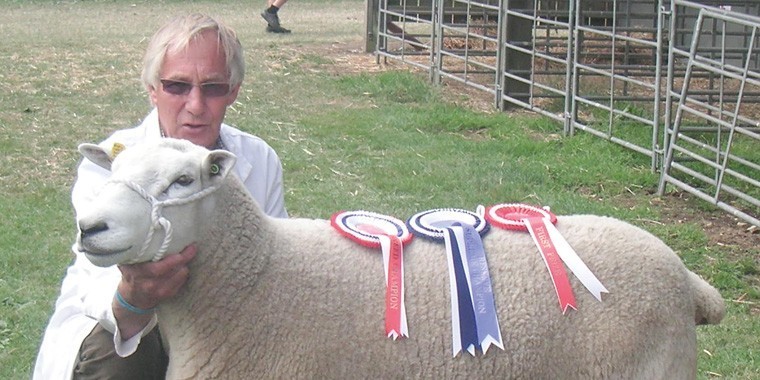It is good from time to time to sit and reflect on life, just life in general – where we are now, where we have been, where we are going.
That was one thing that I found very difficult when I first moved down to Kent from North Wales, more than 30 years ago: it really was quite a culture shock. Farmers and life in general, in Wales, were simply more laid back.
That is not to say that they didn’t get on with things or didn’t do things well, or properly. They did, but things just moved along at a slower, steady, pace. Everything got done and done well and many of the farmers that I used to work with were very good, but rather more relaxed in the way things are done than we all seem to be in the South East. I know that a good friend and colleague, who moved from Kent to take on a farm manger’s job in Devon, has struggled with the same sort of cultural shock, only in reverse. I suspect that we are worse off for it.
Just being able to step back from time to time and take a detached view can be therapeutic, but will also often result in us changing the way we do things. It’s a bit like being a good shepherd: simply taking a bit of time, leaning on our gate, watching our flocks gives us a better understanding of our sheep, how they behave and interact and may influence the way in which we regard and deal with our charges.
Sheep are good teachers, but they can’t tell us anything. We learn from sheep by observing how they behave with us and with each other. A good basic understanding of sheep behaviour helps us to work with sheep, not against them. All too frequently trying to rush things with sheep only results in the job taking a lot longer than it should have done.
At one time I spent several years as an extension liaison officer for a research farm working with farmers in the Middle East and I was often impressed by the level of understanding that many of the shepherds, particularly Bedouin shepherds, had of their sheep. They knew and understood all their sheep in some quite large flocks. Such was the trust between sheep and shepherd that the flocks were almost always led rather than driven and if a sheep needed particular attention, it was generally simply a matter of walking up to and getting hold of the sheep in question, with no fuss and no stress to either sheep or shepherd.
I know the situation is completely different and somewhere along the lines the economics of the sheep enterprise needs to come into it. After all if we can’t make a living from sheep we don’t stay in business for very long. But I often feel that we could be a little more laid back in our approach to our sheep. I don’t mean neglectful. In fact spending a little more time with them benefits both our sheep and us.
On the subject of sheep as a business, we have seen a few ups and downs with lamb prices (more of the latter unfortunately), but this does not seem to have dented producers’ confidence in the industry. Breeding ewe prices have been very good, certainly for sellers – as have prices being paid for store lambs. We even had the situation a couple of weeks ago when good store lambs were changing hands for more than the price of finished lambs. This all points to expectations of better times ahead, expectations that I think is justified in spite of a few short term hiccups, such as the relative values of sterling and the euro which are having an impact on continental trade. But, overall we are selling into a market where global demand for lamb is growing and new markets are being explored and developed.
I do think, however, that we will over the next few years see a changing industry, an industry that is forward looking, but learns from its past, an industry that will become more sustainable, an industry that will produce more off forages with increased use of alternative and new forage crops to extend grazing seasons and reduce the demand for purchased feeds. Possibly there will be an industry where types of sheep, or types within breeds, will become more important than breeds – an industry that is innovative, interesting and, most importantly successful.
Footnote: a big thank you for all of those who responded to my article last month. Your comments and offers are really very much appreciated. But could the shepherdess from Robertsbridge please get in touch again: somewhere along the line your communication was lost in my filing system.




